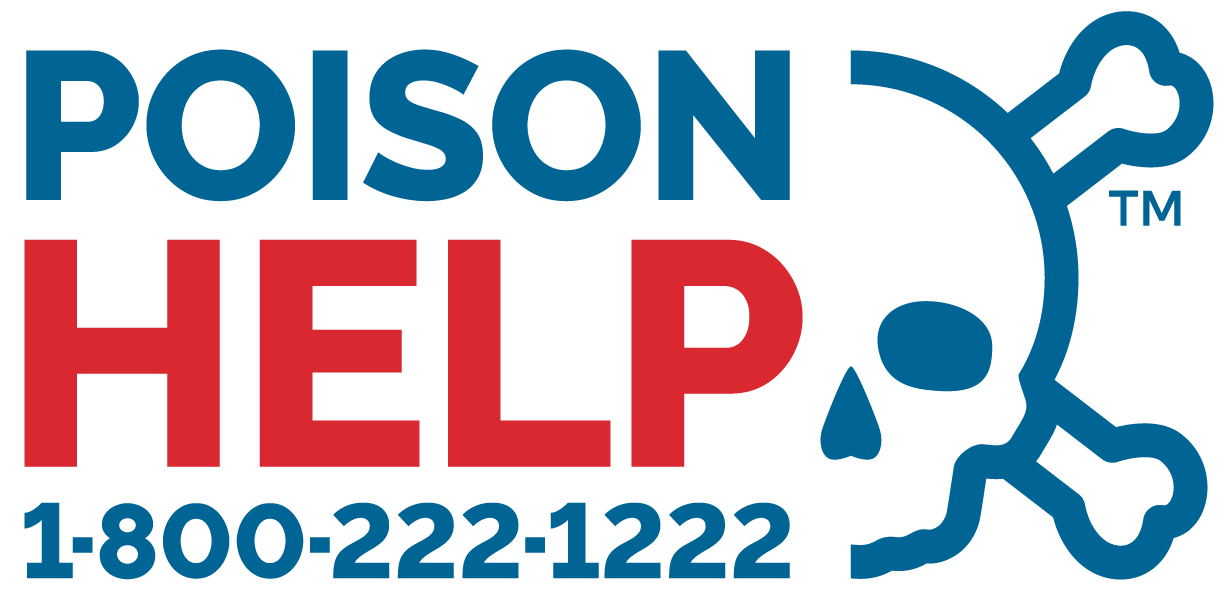Tobacco Products and E-Cigarettes
E-Cigarette Liquid Ingestion
The number of calls to poison centers involving e-cigarette liquids containing nicotine rose from one per month in September 2010 to 215 per month in February 2014, according to a CDC study published in Morbidity and Mortality Weekly Report.
More than half (51.1 percent) of the calls to poison centers due to e-cigarettes involved young children under the age 5, and about 42 percent of the poison calls involved people age 20 and older. The most common adverse health effects mentioned in e-cigarette calls were vomiting, nausea and eye irritation.
Smoking Cessation Aids: A Danger to Children
There are many medications available to help you quit smoking. Some contain nicotine, while others contain bupropion (Zyban). Both of these medications are dangerous to children if ingested.
Nicotine
Nicotine containing products include gum, patches, lozenges, inhalers and nasal sprays. If a toxic amount of nicotine is ingested it can cause life-threatening symptoms such as high blood pressure and respiratory failure. In small children, as little as 1 mg of nicotine can be poisonous.
Over the Counter Products
Nicotine Chewing Gum:
Nicotine gum is commonly available over the counter at many retailers in flavors such as mint, orange, and tropical fruit. Children may consume nicotine gum thinking it is regular chewing gum. Each piece of nicotine gum contains 2 mg or 4 mg of nicotine. In small children chewing on even one piece of gum is a concern.
Nicotine Lozenges:
The Commit lozenge is available over the counter as well and comes in mint flavor. It closely resembles mint hard candy and may be eaten by children thinking it is candy. For small children it poses a choking hazard, as well as a poisonous hazard due to the nicotine content (2 mg or 4 mg per lozenge).
Prescription Products
Nicotine Patches:
Patches are commonly used and available both over the counter and as a prescription. They are available in 7 mg, 14 mg and 21 mg strengths. If a patch is ingested or sucked on, it will release nicotine into the mouth or the stomach. This poses a significant risk to children as the amount of nicotine released can cause life-threatening effects within an hour. The patch may become lodged in the stomach or intestines which can lead to a blockage or a tear in the tissue. Any child suspected of ingesting or sucking on a patch should be taken to an emergency department as soon as possible.
Nicotine Nasal Spray:
Nasal spray is available only as a prescription item. The spray itself contains nicotine at 10 mg/ml, or 50 mg per teaspoonful. This is concentrated enough that even one sip of the pepper tasting liquid can result in significant nicotine poisoning.
Nicotine Inhalers:
Inhalers are only available with a prescription. Each kit comes with an inhaler device shaped like a cigarette and refill cartridges for the inhaler. Each cartridge is filled with a liquid that contains 10 mg of nicotine. When the inhaler is used properly, 6mg of nicotine liquid remains in the cartridge. Used cartridges should be discarded in a location where children cannot access them. If a cartridge is chewed or sucked on by a child, it can cause significant poisoning.
Bupropion
Bupropion (Zyban) is a prescription medication. If ingested by a child, it can cause irregular heartbeat and seizures. Even one tablet may be a concern in small children.
All medications used to help quit smoking are dangerous to children, and they should be stored out of reach. If there is any question about children getting into smoking cessation aids, please contact the poison center at 1-800-222-1222.

